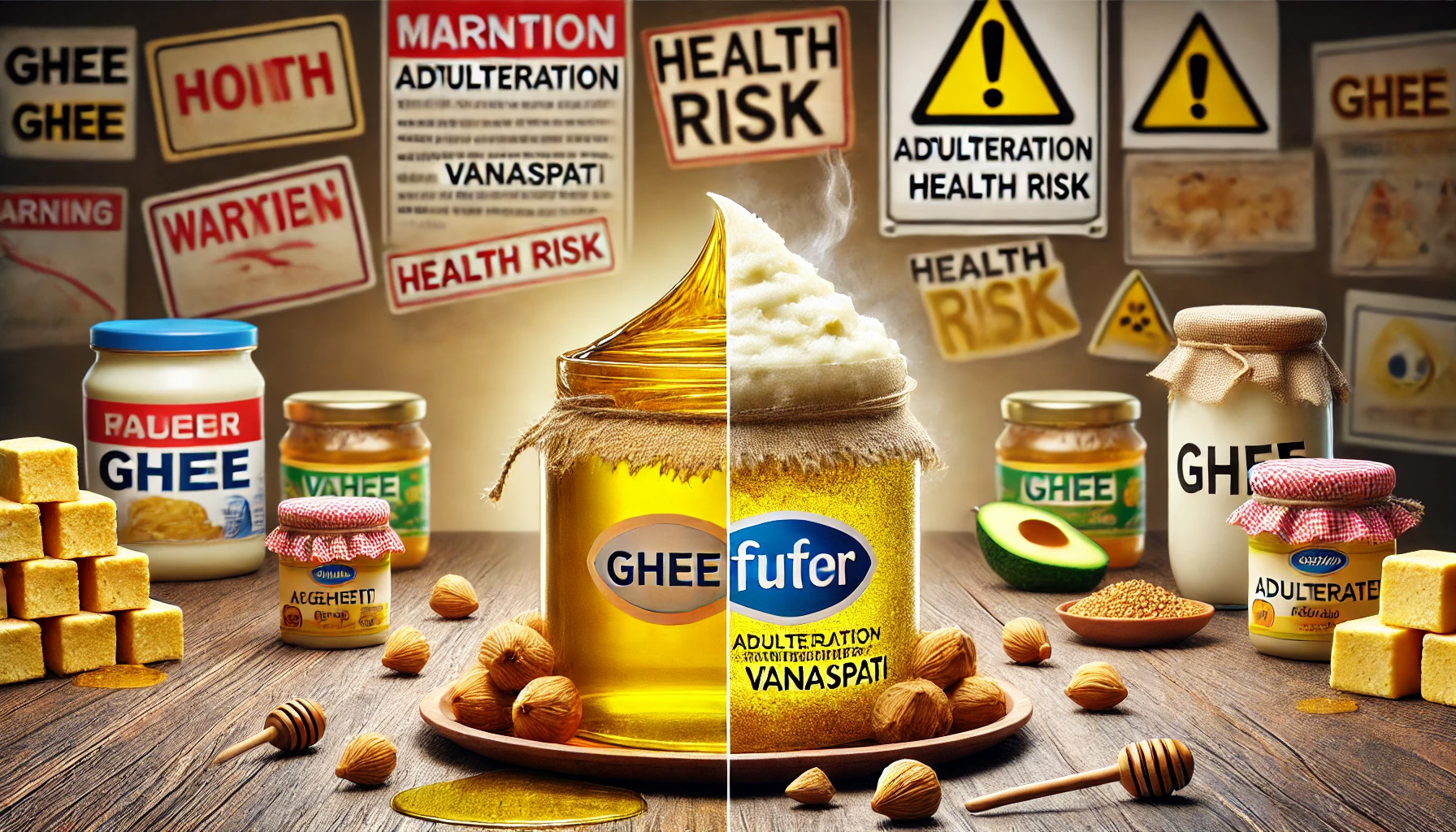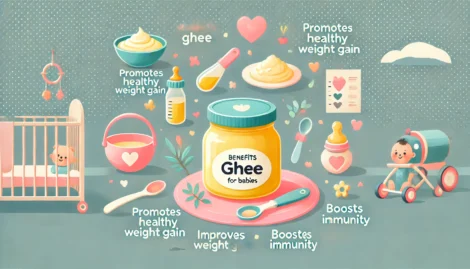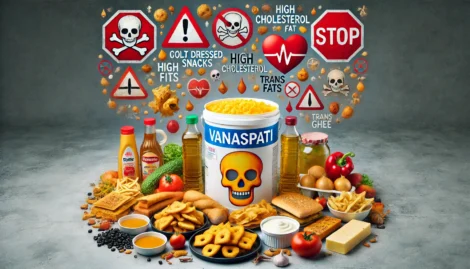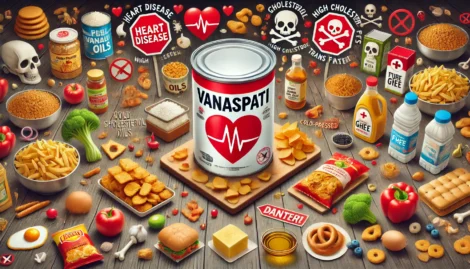- You have no items in your shopping cart
- Subtotal: ₹0.00

Adulterated Ghee vs. Pure Ghee: Why Cheap Ghee Poses Health Risks
The ongoing controversy surrounding the Tirupati Laddu highlights a serious issue: the use of adulterated ghee. Reports revealed that ghee procured for this sacred prasadam was not sourced from the original supplier as claimed, but instead originated from Bhole Baba Organic Dairy Pvt Ltd, known for providing adulterated ghee. This sparked an independent investigation by the Supreme Court, calling for an SIT probe.
The Real Cost of Pure Ghee:
Pure ghee is labor-intensive and costly to produce. Traditional methods of hand-churning and slow boiling are essential for retaining its nutritional value, and authentic ghee requires a significant quantity of high-quality milk. For instance, it takes 20-25 liters of pure cow milk to produce just 1 kg of ghee. The cost of this raw material and the manual process makes pure ghee an expensive product. It is simply not feasible to offer pure ghee at the low prices like INR 290 to INR 412, which were cited in the Tirupati Laddu procurement scandal. This indicates that the ghee might be heavily adulterated with cheaper oils or fats to reduce costs.
What is Adulterated Ghee?
Adulterated ghee is when ghee is mixed with other fats, like vegetable oils or vanaspati, to lower production costs. Unfortunately, many consumers are unable to distinguish between pure ghee and adulterated versions. Adulteration not only diminishes the taste and aroma but also removes the health benefits that ghee is traditionally known for. Furthermore, the use of hydrogenated oils or vanaspati in adulterated ghee introduces trans fats, which can raise LDL (bad cholesterol) levels, leading to long-term health risks such as heart disease, diabetes, and obesity.
Health Implications of Consuming Adulterated Ghee:
The consumption of adulterated ghee can be detrimental to health. Authentic ghee is rich in essential nutrients like fat-soluble vitamins A, D, E, and K, and contains beneficial short-chain fatty acids that support gut health. On the contrary, adulterated versions often contain harmful additives that can contribute to elevated cholesterol levels, high blood pressure, and other metabolic issues.
- Cholesterol Impact: Pure ghee, when consumed in moderation, can help regulate cholesterol due to its content of healthy fats. Adulterated ghee, however, increases the risk of heart diseases because of the trans fats and artificial additives it often contains.
- Digestive Issues: Pure ghee is known to support digestion and reduce inflammation in the gut. The consumption of adulterated ghee, which contains artificial fats and fillers, can irritate the digestive tract and hinder the absorption of essential nutrients.
- Long-term Health Risks: Regular consumption of adulterated ghee can contribute to the development of lifestyle diseases like Type 2 diabetes, hypertension, and certain types of cancers due to the introduction of harmful chemicals and unhealthy fats.
Importance of Buying from Trusted Sources:
Given the risks associated with adulterated ghee, it’s essential to buy from trusted and certified sources. Ghee, when sourced from authentic suppliers like GheeStore, is prepared using traditional methods, ensuring purity and nutritional integrity. GheeStore’s products are lab-certified and free from any artificial additives or chemicals. The high cost of genuine ghee reflects the intensive labor, time, and quality of milk required in its production.
Consumers must be aware of the price-quality correlation when purchasing ghee. Low-cost options in the market are often adulterated with low-grade fats or oils. As in the case of the Tirupati Laddu scandal, low-priced ghee may compromise both the integrity of the sacred offering and the health of its consumers.
GheeStore’s Commitment to Quality:
At GheeStore, all products undergo rigorous quality checks to ensure they meet the highest standards. The ghee is sourced from grass-fed cows, hand-churned, and made without any chemicals or preservatives. Our products are lab-certified, and we strive to provide consumers with authentic ghee that retains its natural nutrients. In contrast to mass-produced ghee brands, GheeStore’s offerings are genuinely pure, making them worth every penny.
Why Pure Ghee Is Expensive:
Authentic ghee is inherently more expensive due to several factors:
- High-Quality Raw Materials: Pure ghee is made from cow or buffalo milk, with a significant quantity of milk required to produce just a small amount of ghee.
- Labor-Intensive Process: The process of making ghee through traditional methods is time-consuming and requires skilled labor.
- No Shortcuts: Unlike commercially refined or adulterated ghee, pure ghee is made without the use of chemicals or artificial additives, which adds to its cost but guarantees its health benefits.
In conclusion, the Tirupati Laddu controversy underscores the dangers of purchasing adulterated ghee. Consumers need to be aware of the price-quality relationship and the health implications of using adulterated products. Trusted sources like GheeStore offer pure, lab-tested ghee, which, although higher in price, ensures the integrity, taste, and health benefits associated with authentic ghee.



